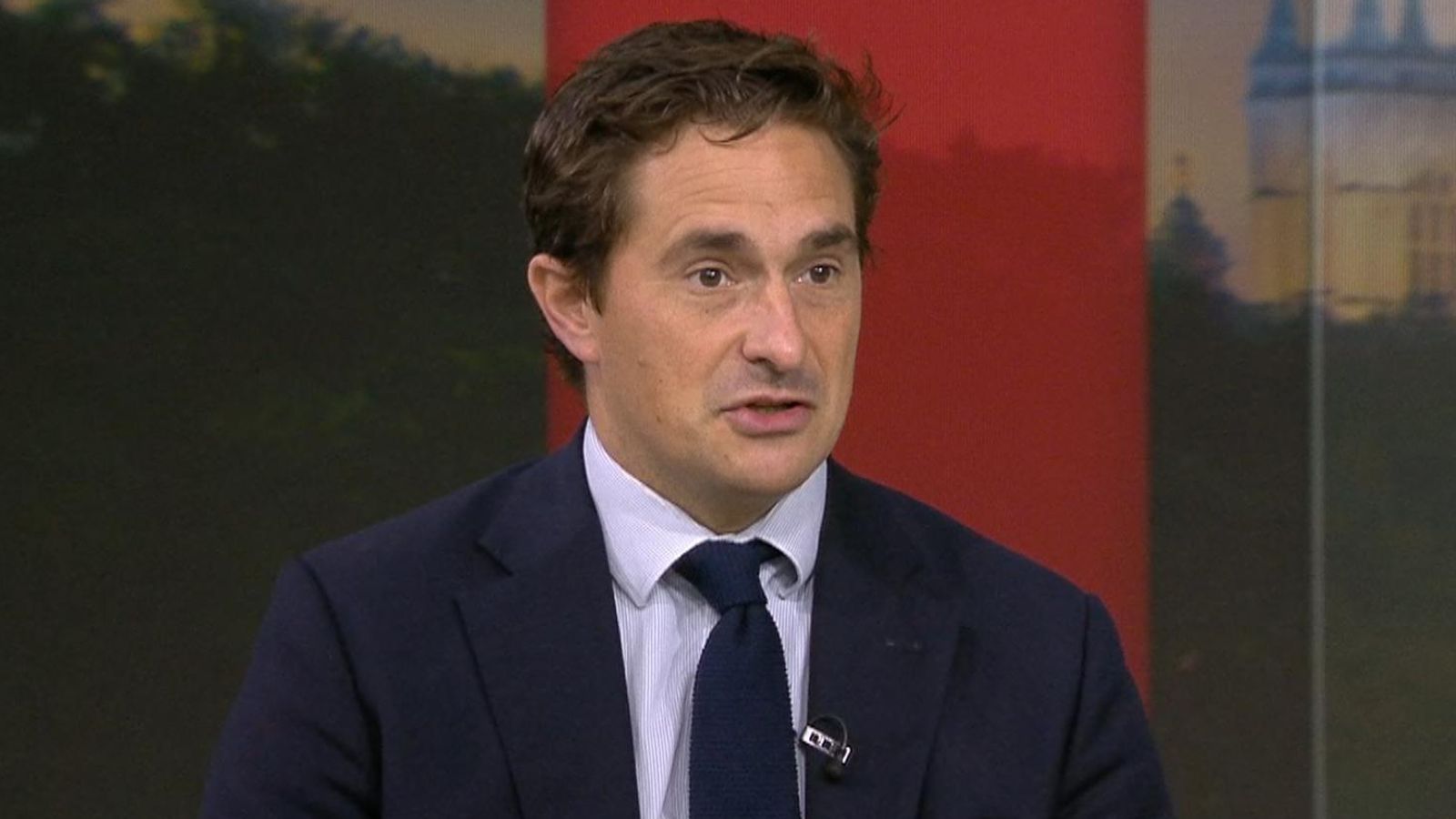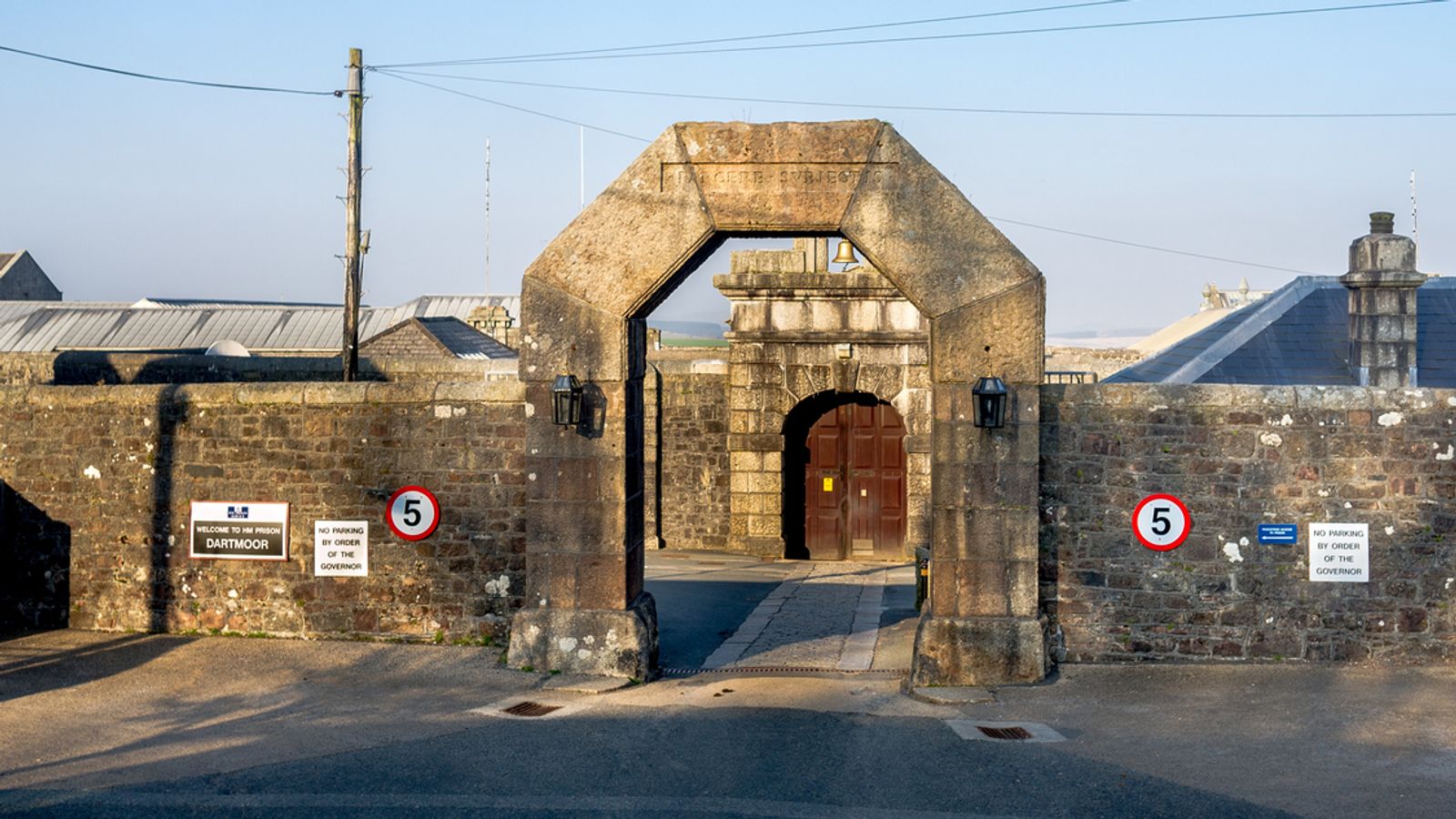Veterans minister Johnny Mercer has been told he faces going to prison if he does not reveal the names of those who told him of alleged murders carried out by special forces in Afghanistan.
Sir Charles Haddon-Cave, the chairman of the Afghanistan Inquiry, has given the MP for Plymouth until 5 April to provide a witness statement with the names of those in question.
Mr Mercer has repeatedly refused to hand over the names of “multiple officers” who have told him of allegations of murder and a cover-up in Afghanistan, saying he was not willing to compromise his “integrity”.
The Afghanistan inquiry was launched in 2022 to investigate allegations of wrongdoing by the British Armed Forces during deliberate detention operations in the country between 2010 and 2013.
Mr Mercer gave evidence to the inquiry last month when he revealed “multiple officers” had told him about allegations of murder and the subsequent cover-up during his time as a backbench MP.
The minister told counsel to the inquiry Oliver Glasgow KC last month: “The one thing you can hold on to is your integrity and I will be doing that with these individuals.”
Politics live: Labour frontbencher hands over cheque from ‘Bank of Chicken’
‘A remarkable development’: How Western tourism is on the rise in this controversial nation
Afghan Youth Orchestra who fled Taliban to tour UK after Home Office U-turn on visa refusal
‘We will fight until we take back our rights’: The struggle for women’s equality in Afghanistan
But during his evidence to the probe last month, Sir Charles told Mr Mercer his decision to “refuse to answer legitimate questions… at a public inquiry” were “disappointing… surprising… and completely unacceptable”.
The inquiry pointed out that Mr Mercer was served with a Section 21 notice on 13 March, which compels him to hand over the names. The inquiry has insisted will be “treated in confidence” but that a failure to comply without reasonable excuse would be “a criminal offence punishable with imprisonment and/or a fine.”
Sir Charles also said the High Court could enforce the order through contempt of court proceedings, which “may result in imprisonment”.
Policy of executions
The inquiry is examining whether a special forces unit, known as UKSF1, had a policy of executing males of “fighting age” who posed no threat in Afghanistan between 2010 and 2013.
Be the first to get Breaking News
Install the Sky News app for free
Afghan families have accused UK special forces of conducting a “campaign of murder” against civilians and that senior officers and personnel at the Ministry of Defence “sought to prevent adequate investigation”.
Sir Charles has also told Mr Mercer that if he believed it unreasonable for him to hand over the names, or if he was unable to comply with the order, he would have to make submissions in writing by 3 April.
‘Wall of silence’
He previously told Mr Mercer: “You need to decide which side you are really on, Mr Mercer.
“Is it assisting the inquiry fully… and the public interest and the national interest in getting to the truth of these allegations quickly, for everyone’s sake, or being part of what is, in effect … a wall of silence – and this wall of silence is obstructing the inquiry and access to the truth.
“And doing so because of, if I may say so, a misguided understanding of the term integrity and an inappropriate sense of loyalty.”
Read more:
Tractors descend on Parliament over ‘betrayal’ of British farmers in post-Brexit trade deals
China responsible for two ‘malicious’ cyber attack campaigns in UK, says Dowden
Two Royal Military Police investigations, codenamed Operation Northmoor and Operation Cestro, are due to be examined at the inquiry.
Operation Northmoor was a £10m investigation that was established in 2014 to examine allegations of executions by special forces, including those of children.
No charges were brought under the investigation.
Operation Cestro brought about the referral of three soldiers to the Service Prosecuting Authority, but none of them were prosecuted.







